Have you ever thought about what it would feel like to acquire too much money? I haven’t had that problem, but do plan on discovering what this problem feels like in the future.
But, in all seriousness, how on earth do you decide how much money is enough for you? I have some ideas and thought I would share so that you can have an easier time figuring this out when you have this issue.
Consider your current life circumstances.
I thought I would approach this problem with some Michelle logic. First, it feels obvious the amount of money that you need will change given your current life circumstances. If you’re single and debt-free, the amount of money that you may need and want may be significantly different from a person who is in a relationship, has kids, and a few bills.
Likewise, your past and current life experiences may have a direct effect on how you arrive at the actual number that is your financial sweet spot. For some of you, early childhood experiences of not having enough money may make it difficult for you to imagine ever having enough. In fact, your childhood financial experiences may resonate through future decisions such as: the type of work you may choose to pursue, the way you would like to live your life, and even who you plan on marrying.
Figure out your financial sweet spot.
Here’s some general guidelines on figuring out how much money is enough for you.
Ask yourself, are you sick of your job and have lost interest in earning money in the way that you currently are? Yes, this seems a bit counterintuitive, but stick with me. Before I began working for myself, I worked at a university making decent money (especially when you factored in the benefits).
But, there came a point when I just wasn’t interested in earning more money. In fact, while I want to experience earning ridiculous amounts of money in the future, at that specific moment in time I just wanted to change my life. So, I focused on figuring out my lowest earning threshold. What was the bare minimum I need to make in order to live without eating ramen noodles?
I started crunching numbers and figured out what I could live on and still manage paying on my obligations. It was glorious….until, it wasn’t.
Don’t be afraid to shift your goals as your needs change.
My needs had changed. I now find myself looking at future financial goals and have realized that I want to make a lot more money than I currently am. And, I definitely don’t have a maximum earnings threshold. In fact, I felt like I wanted to earn as much money as I could possibly earn without burning myself out. I don’t want to place limits on my ability to earn.
I can honestly say that I look forward to pushing myself as much as possible to see how much money I can earn. In fact, for the next 12 months in my mind there is no “enough” it’s how much is possible? I spent time frantically crunching numbers, I looked at my goals and figured out daily earnings goals. Then I focused on how to achieve those goals.
Finally, spend some time focusing on what makes you happy? There are various studies that have linked happiness to money and studies that have found the exact opposite. There’s also a widely reported study that noted that people weren’t significantly happier when they earned beyond $75,000 a year.
Recently, I’ve gotten very clued into what makes me happy. And, knowing this has helped me zero in on how much money is enough. Some examples of what makes me happy include:
- having plenty of money in the bank and no debts!
- spending time with the people that I love.
- having the ability to work from wherever I happen to be at the time.
- riding my bike or just reading a book.
I’ve discovered that my needs aren’t that complicated or expensive.
I took a numbers and heart-based approach to deciding how much money is enough for me. Ultimately, I just want enough money that gives me stability and freedom. And, yes, more money is always better than less.
What are some considerations you use in determining how much money you need? Let us know in the #Adulting community on Facebook.

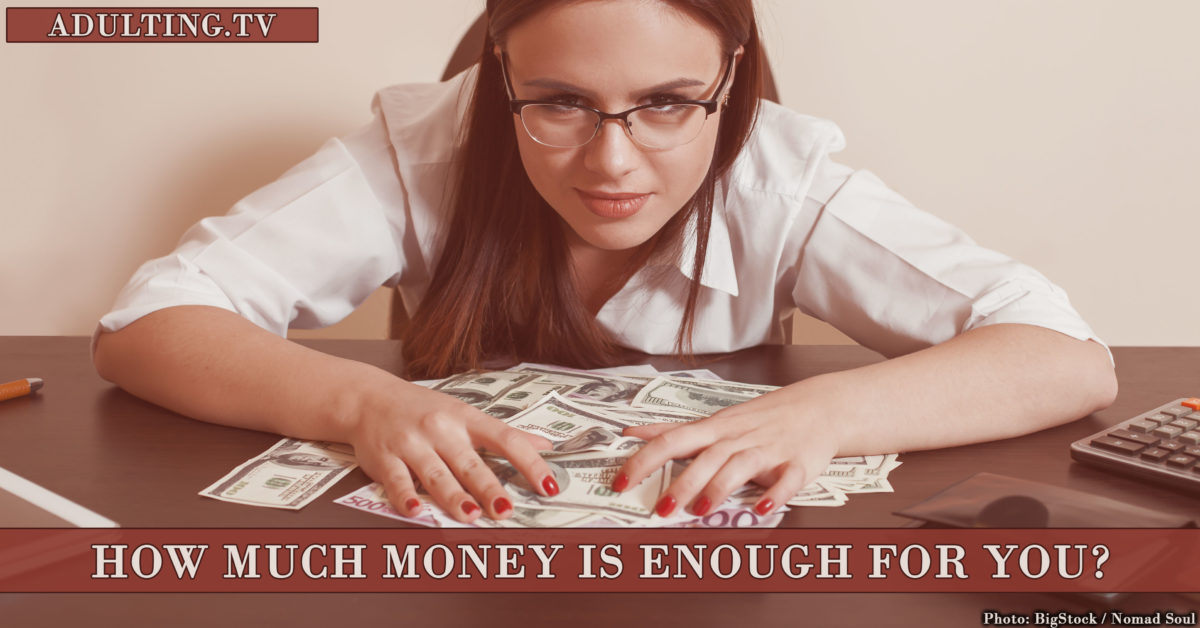
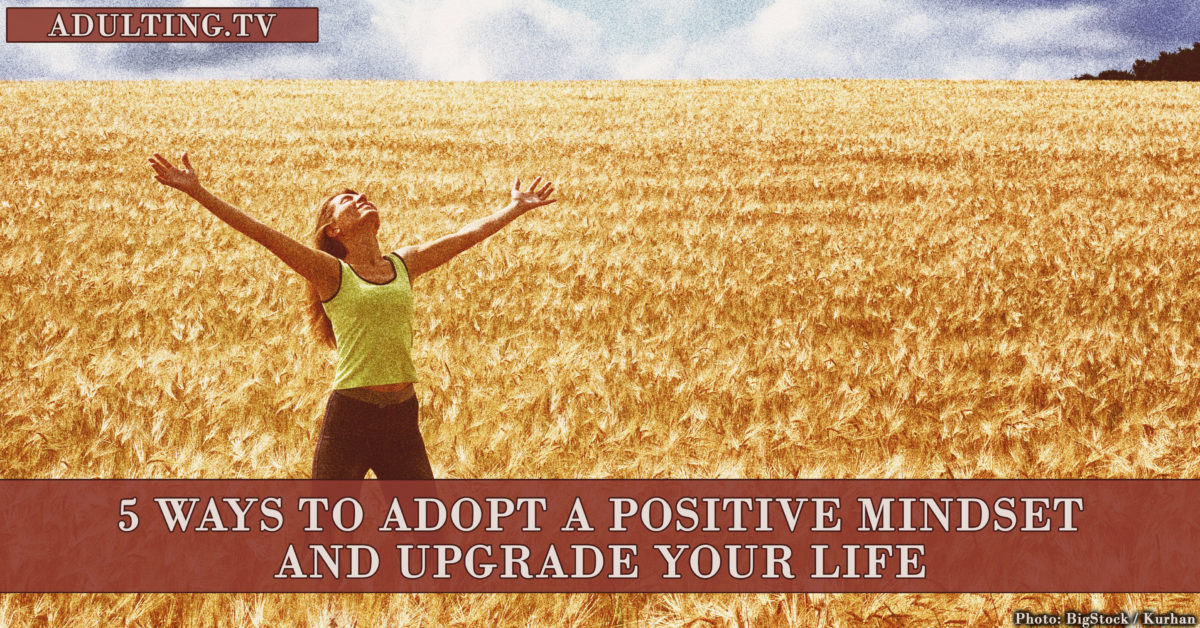
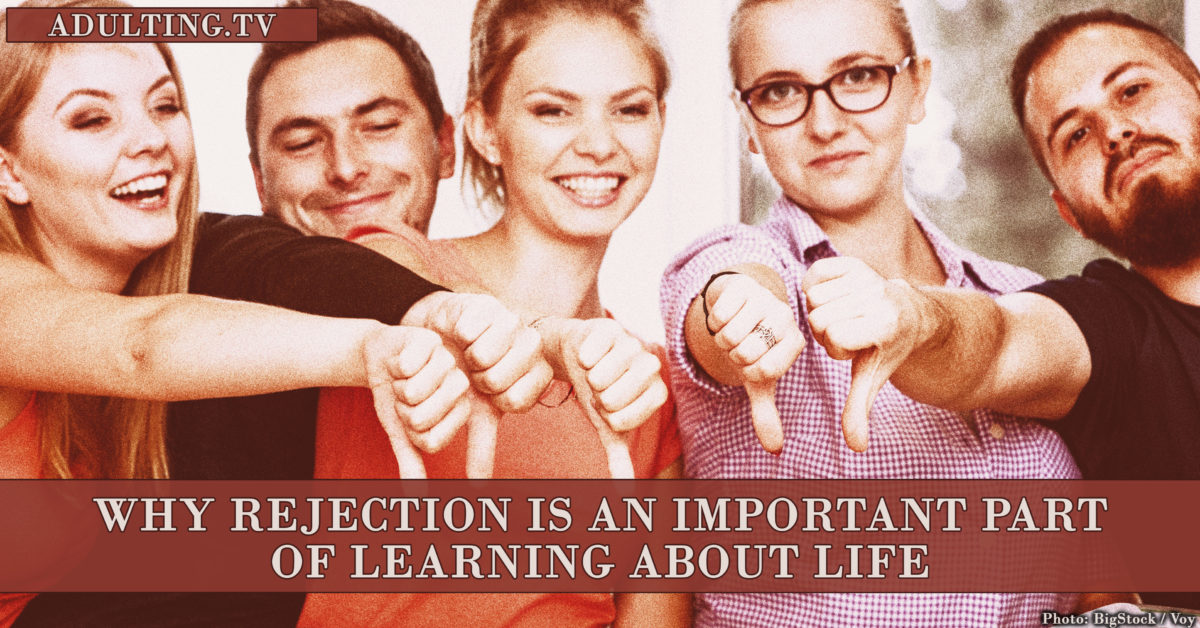
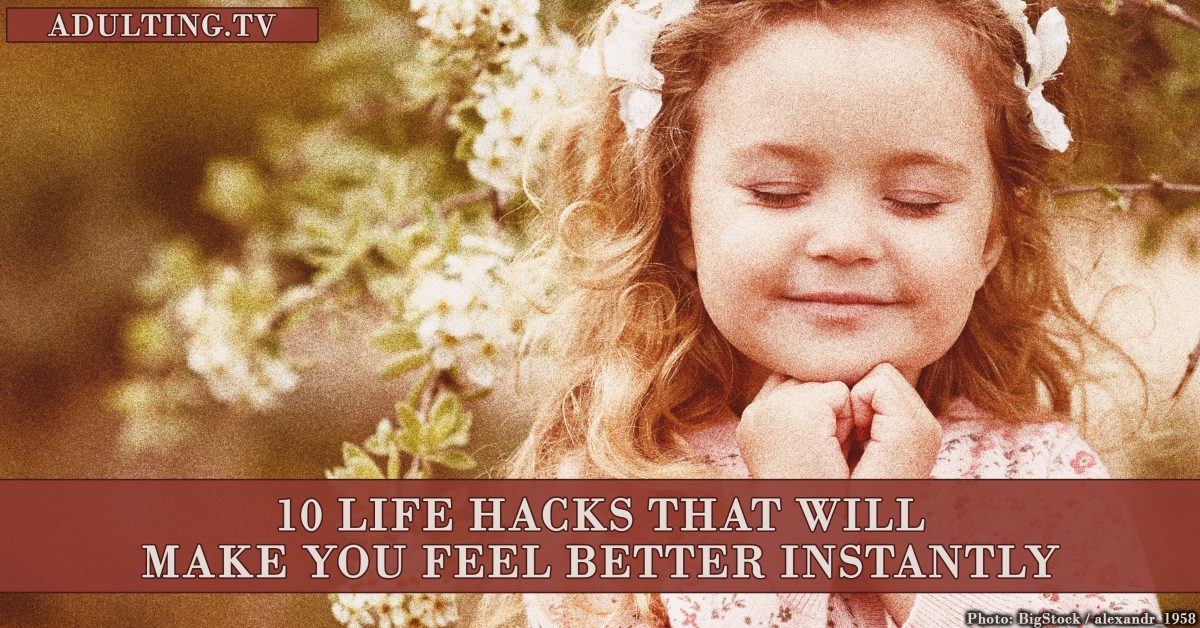

![[A066] Those Tough Choices: Do the Right Thing](https://adulting.tv/wp-content/uploads/2017/04/a066-1200x628.jpg)



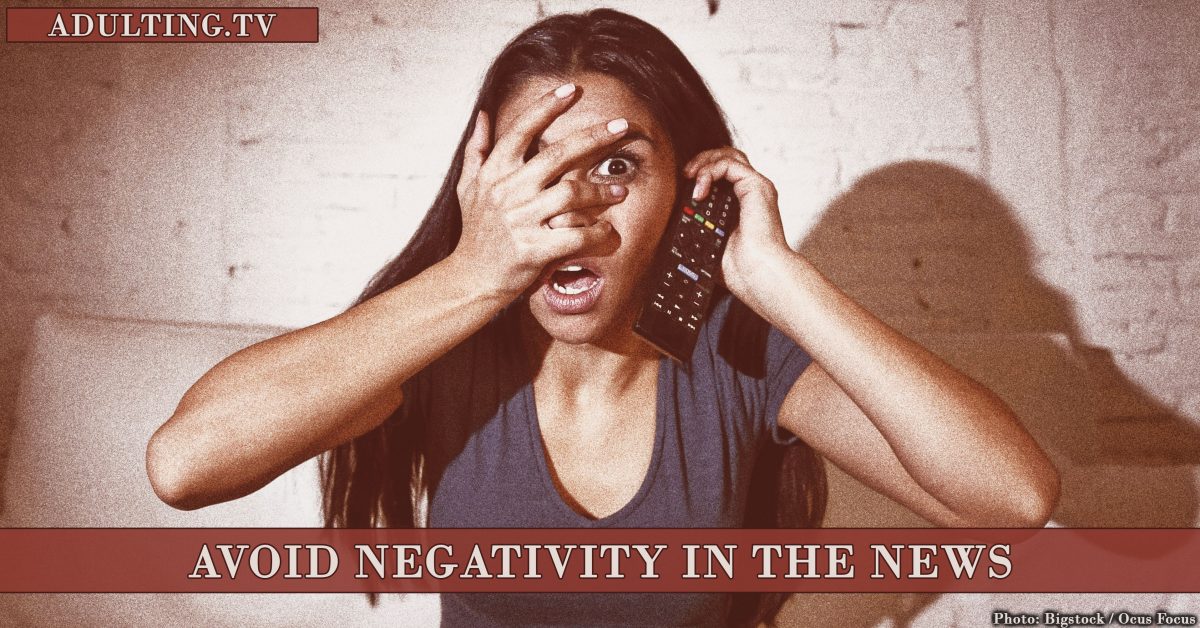
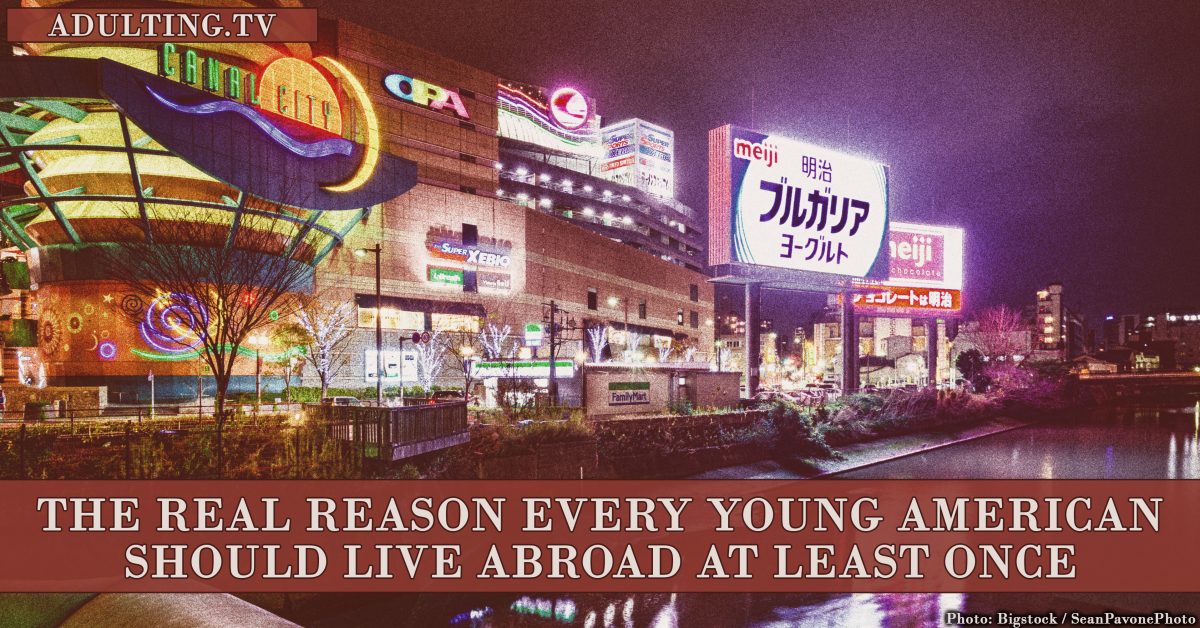
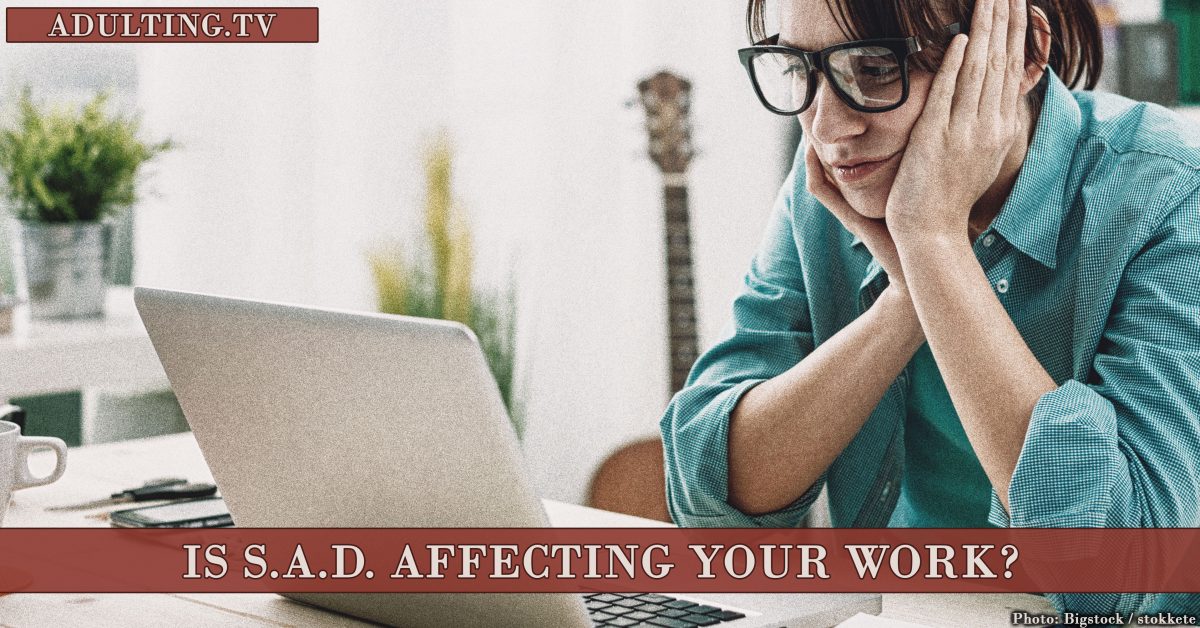
![[B018] Fund Your Ideal Lifestyle ft. Clayton Daniel](https://adulting.tv/wp-content/uploads/2017/02/fund-your-ideal-lifestyle-1200x628.jpg)